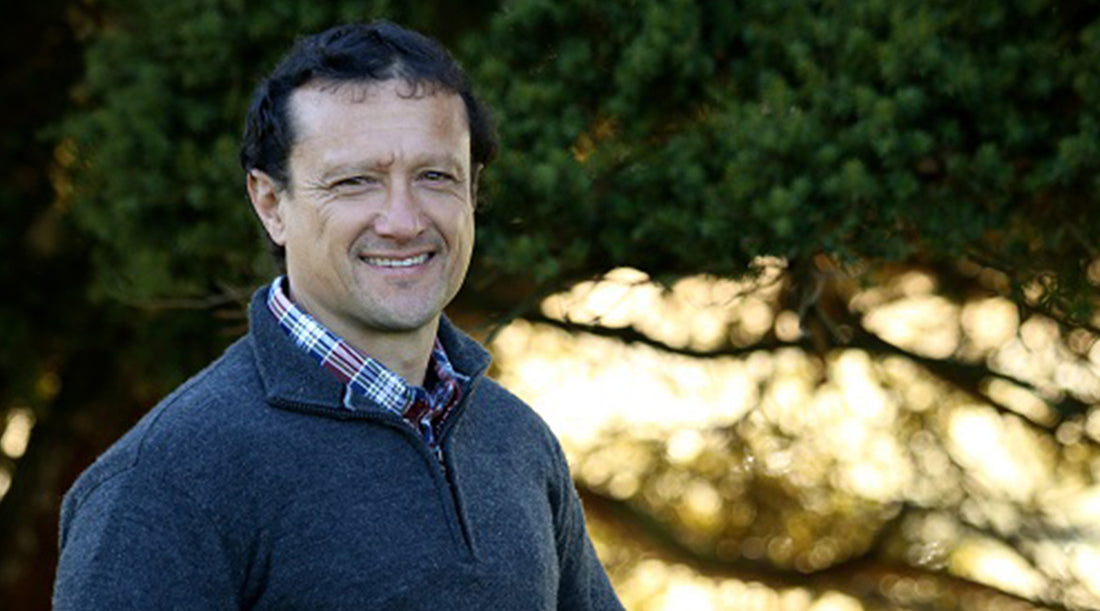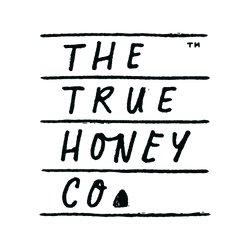
Born in Dannevirke, Laurence lived with his mother on his grandfather’s dairy farm until his teenage years. From the age of three, young Laurence heard freedom calling his name, and has done his darnedest to answer it.
His career path has definitely not been a straight one. Instead it’s woven through shearing gangs, the Army, trapping possums, herding sheep and operating a portable mill.
At 24 he got hitched to Diane, (having to sell his beloved Falcon Ute to help pay for the wedding). With a young family, Laurence embarked on a series of new roles as an agricultural trainer. Despite his first CV, which he described (in the interview) as ‘mostly BS’ – Laurence found huge success in the role, as he helped people better themselves and realise their potential.
In July 2015, his path crossed again with Jim’s (whom he’d know years back) and loved the pioneering spirit and ‘never say never’ attitude of Jim and his team. He joined The True Honey Co. as Landowner Liaison/Apiary Manager, with nothing less than excellence driving his work.
He loves working with landowners, travelling to remote parts of New Zealand, innovating with beekeeping techniques, and seeing the True Honey Co. family go from strength to strength. Lucky for us, Laurence also loves a good yarn – so when we asked to interview him for this blog, he was happy to oblige.
Tell us about a typical day in the life of… Laurence Burkin
- Up at 6.00am to cook a ‘man breakfast’ (bacon, eggs, spaghetti)
- Check messages and emails
- Call farmer landowners before they head out to work, to discuss blocks or pending beekeeping work
- Check in with the senior production and queen-rearing beekeepers on matters arising or gear they need
- Plan team and landowner meetings, reviewing minutes and action lists from previous meetings
- Review the long-range weather forecast and pollen and nectar levels across our apiaries
- Plan hive moves to warmer sites and supplement feed rounds to minimise stress on our bees
- Liaise with HR and Admin on staff structure/training
Thinking “you’re never too old to learn”, beekeeping has taken me right back to being an apprentice which has been refreshing. I owe a debt of gratitude to our dedicated beekeepers who have taught me the finer art of beekeeping.
My focus is on best practice in health and safety, bee welfare, respect for environment and mutually beneficial relationships with landowners.
What are the biggest challenges in your role?
Keeping in tune with multiple teams of beekeepers and logistics staff working all around the country. It’s also a real task to keep up with policy and systems development in a business and industry that are evolving and growing so quickly. Maintaining a work/life balance through the summer months can be tricky too. Possibly my favourite challenge is training our multifaceted beekeeping team to operate in remote areas.
Tell us about a piece of clothing/technology you’re obsessed with right now?
I’m trialling insulated covers for bee hives to improve the survival rates of colonies through the winter. For two seasons now I’ve also been trialling seaweed based health supplements for the bees – with the goal to promote bee health through winter together with normal feed round activities.
What have bees taught you about life?
To have more appreciation for the work that goes into producing food we eat. Sometimes we don’t pay enough attention to how our actions affect others. This became evident when I decided to not use gloves so I had a better feel for handling frames without hurting any bees. To avoid being stung, I tried harder to be careful and quickly developed a keener sense of how my actions/mood etc affected the behaviour of the bees. I was so intent to gain their total trust, I stopped using a veil, then no suit at all. In the end, I could open up the hives and inspect the brood just wearing shorts and a T-shirt.
Which three ingredients are absolutely indispensable in your kitchen/fridge/pantry?
Blue cheese, steak, rosemary, garlic, balsamic vinegar, and of course Manuka honey. Oh, that’s seven!
How do you like to use Manuka honey?
Let me count the ways! Just a little bit every now and then on a spoon to remind me how fortunate we are to have such a unique food. I use it as a glaze for BBQ mussels with lemon, pepper, balsamic vinegar topped with grilled Camembert cheese, and for roast kumara segments rolled in pine nuts and rosemary. I’ll also infuse Manuka honey into my brine for wild pork bacon and ham.
When you manage to get a little bit of downtime soon, what will you be doing?
Firstly. I’ll buzz out because I have some downtime! Then I’ll go trail riding with my son, and diving and hunting with my kids and friends. On the DIY list are to finish building my walk-in chiller, build a pizza oven, construct a double garage and clean out the man cave. We’re also heading to the Philippines soon for the wedding of one of our beekeepers. I am learning about home honey extraction and processing add to my ability to produce food from the wild to give to my family.

